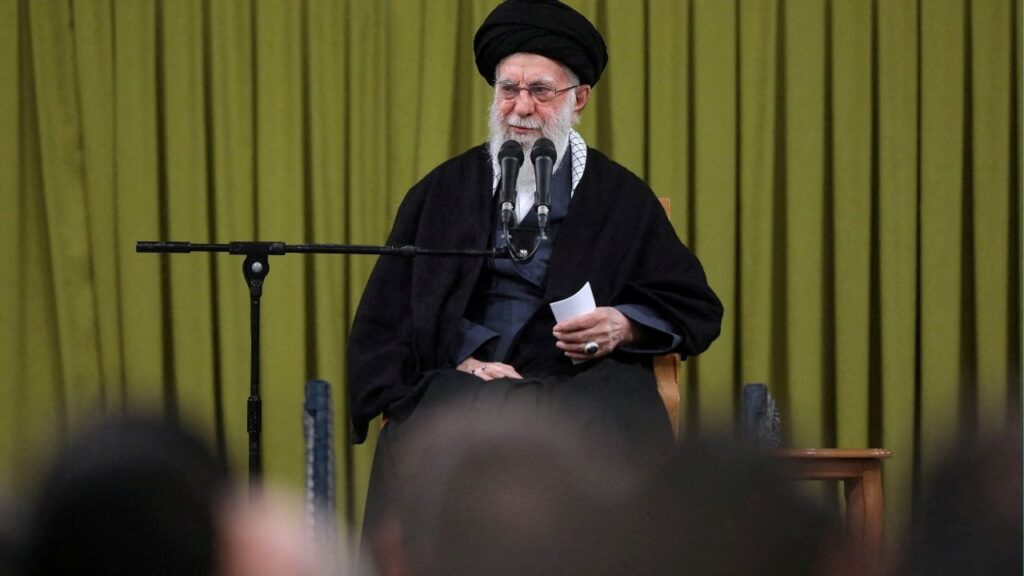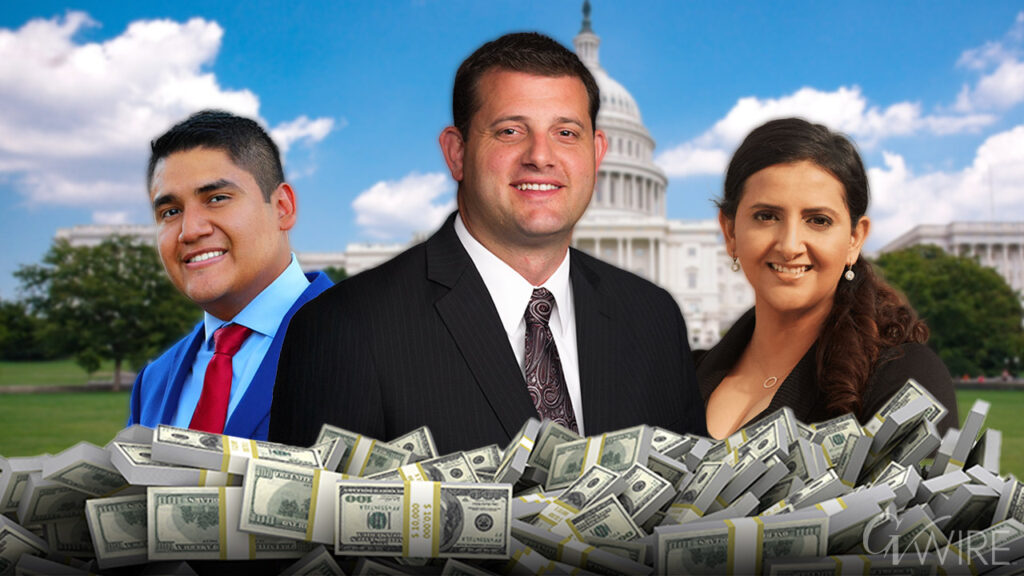Share
WASHINGTON — The Supreme Court on Thursday maintained a hold on the Trump administration’s effort to add a citizenship question to the 2020 census, and the question’s opponents say there’s no time to revisit the issue before next week’s scheduled start to the printing of census forms.
There was no word on whether the administration would continue pressing to add the question. The Census Bureau said in a brief statement only that the decision is “currently being reviewed.”
The American Civil Liberties Union’s Dale Ho, who argued against the citizenship question’s addition before the Supreme Court said “there really, really is not time” for the administration to revisit including the question.
Question’s Opponents Say it Targets Hispanics, Minorities
The Census Bureau’s own experts predict that millions of Hispanics and immigrants would go uncounted if the census asked everyone if he or she is an American citizen. And immigrant advocacy organizations and Democratic-led states, cities and counties argue the citizenship question is intended to discourage the participation of minorities, primarily Hispanics, who tend to support Democrats, from filling out census forms.

“The inclusion of that question is unnecessary and could cripple the massive effort to attain a correct count in California. This is especially true in the 31st District that I represent, which is home to populations that are difficult to count, including immigrants, young children, and communities of color.” — Assemblyman Joaquin Arambula of Fresno
Chief Justice John Roberts wrote the court’s opinion in the census case, with the court’s four liberal justices joining him in the relevant part of the outcome. Roberts said the Trump administration’s explanation for wanting to add the question was “more of a distraction” than an explanation. And he said evidence showed that Commerce Secretary Wilbur Ross “was determined to reinstate a citizenship question from the time he entered office.”
Assemblyman Joaquin Arambula (D-Fresno) welcomed the high court’s decision.
“I am grateful that the U.S. Supreme Court has blocked the Trump administration’s move to add a citizenship question to the 2020 census,” Arambula said in a news release. “The inclusion of that question is unnecessary and could cripple the massive effort to attain a correct count in California. This is especially true in the 31st District that I represent, which is home to populations that are difficult to count, including immigrants, young children, and communities of color.
“Although this decision is a setback for the Trump administration, which has waged a constant assault on immigrant families, we must now wait as the legal process plays out. And while we wait, we must continue and increase our efforts to count everyone.”
Democratic Rep. TJ Cox of Fresno said the court’s decision “proved the fight isn’t over yet.”
“We cannot allow this administration to sabotage the census for partisan, political purposes,” Cox said in a statement. “An inaccurate census would be devastating for the Central Valley, jeopardizing everything from economic development to health care to our communities’ representation in Congress.
“I’m committed to staying vigilant and will continue fighting future efforts that sabotage a fair and accurate census count.”
Citizenship Question Not Widely Used Since 1950
The court said Ross’ explanation that the question was being added to aid in enforcement of the Voting Rights Act doesn’t fit with the evidence. The Commerce Department oversees the Census Bureau. Roberts wrote there is “a significant mismatch between the decision the secretary made and the rationale he provided.”
It’s unclear whether the administration has time to provide a fuller account before the form must be printed.
Evidence uncovered since the Supreme Court heard arguments in the case in late April supports claims that the citizenship question is part of a broader Republican effort to accrue political power at the expense of minorities, the challengers say.
The Constitution requires a census count every 10 years. A question about citizenship had once been common, but it has not been widely asked since 1950.
At the moment, the question is part of a separate detailed annual sample of a small chunk of the population, the American Community Survey.
Ross decided in 2018 to add a citizenship question to the next census, over the advice of career officials at the Census Bureau. At the time, Ross said he was responding to a Justice Department request to ask about citizenship in order to improve enforcement of the federal Voting Rights Act.
RELATED TOPICS:
Categories

US Flu Cases Are Rising Again

Snow Drought in the West Reaches Record Levels

















